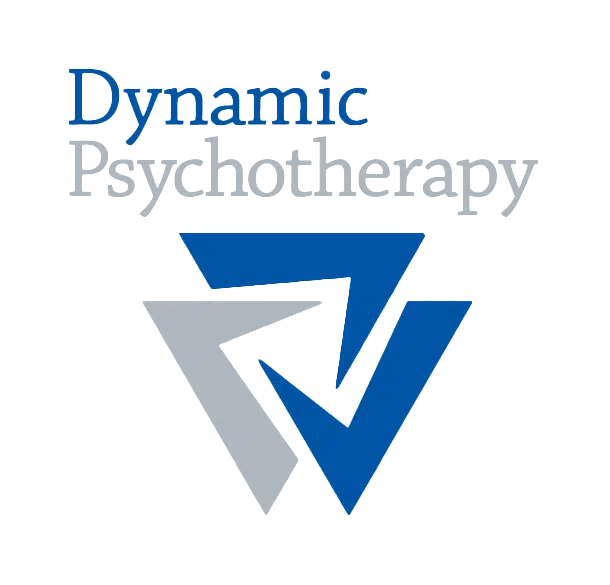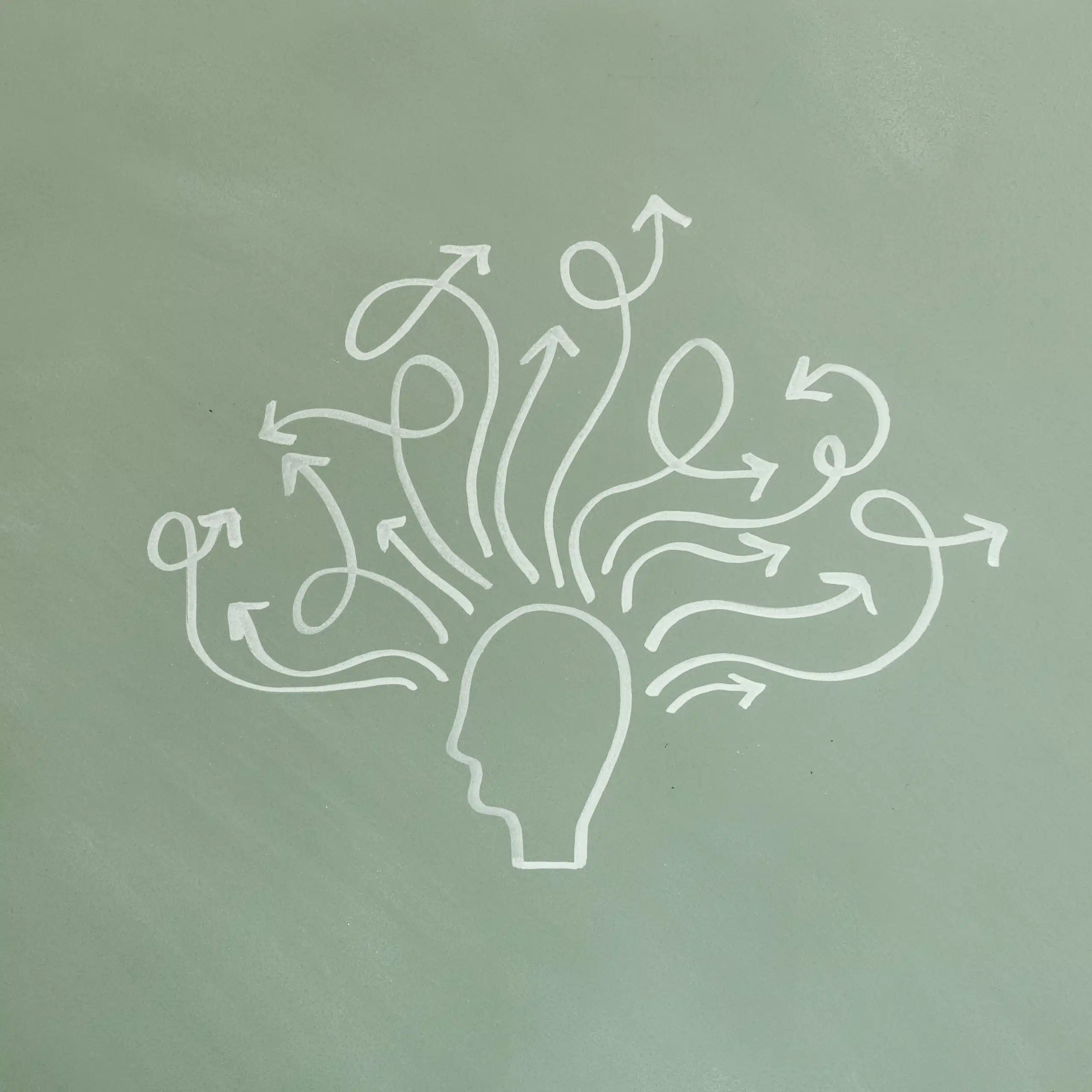About ADHD
Attention-Deficit/Hyperactivity Disorder (ADHD) is a complex neurodevelopmental condition characterised by hyperactivity, impulsivity, and inattention (American Psychiatric Association [APA], 2013).
According to the Centres for Disease Control and Prevention (CDC), 12.9% of men and boys live with ADHD compared to 5.6% of women and girls. However, research has suggested that this may be due to gender differences in the presentation of ADHD, where clinicians may overlook symptoms and impairments in females because of less overt (but still impairing) symptom manifestations in girls and women and their frequent adoption of compensatory strategies (Hinshaw et al., 2022).
Based on the world’s population in 2020, about 2.58% of adults still had ADHD from childhood, and 6.76% had ADHD symptoms (Song et al., 2021). This means around 139.84 million adults worldwide had long-term ADHD, and about 366.33 million had ADHD symptoms in 2020 (Song et al., 2021). Therefore, ADHD is an increasingly important construct to understand.
A Disorder Defined By Environmental Mismatch
While ADHD is often discussed from a place of disorder, it is important to recognise that it is simply a difference; reflecting neurodiversity in a neurotypical dominated society. ADHD can encompass a variety of traits that can have both challenges and benefits. This might look like:
- Distractibility: This means a person with ADHD might find it hard to stay focused on one task because they’re easily pulled away by other things happening around them.
- Impulsivity: This is when someone acts quickly without thinking about the consequences. It can lead to problems, like interrupting others or making hasty decisions, but it can also result in spontaneous and creative problem-solving.
- Hyperfocus: Contrary to what many think, some with ADHD can focus very intensely on tasks that interest them. This can be an advantage when deep concentration is needed.
- Hyperactivity: This trait can show as constant movement or restlessness. It can be challenging in a traditional classroom or work setting but could also translate into high energy for tasks and activities.
- Novelty-seeking: People with ADHD often seek new experiences, which can drive innovation and exploration but may also lead to boredom with routine.
- Responsiveness to threat: This can mean being on high alert for potential danger. While this might be stressful, it can also mean that a person with ADHD can quickly react to problems or changes in their environment.
- Exploration, discovery, innovation: The drive for new experiences can lead to discovering new ideas, trying out new solutions, and creative thinking.
- Safety of the group: The high alertness to potential threats can be beneficial for a group’s safety, as individuals with ADHD might notice risks others don’t.
- Adaptability and resilience of the group: Groups with diverse members, including those with ADHD, may benefit from the adaptability and resilience that comes with the ADHD traits of quickly responding to change and bouncing back from setbacks.
In a group or societal context, these ADHD traits can contribute to the group’s overall success by providing a wide range of perspectives and approaches to problem-solving. The key is finding environments that appreciate and harness these diverse capabilities.
Maladaptive Coping Habits in ADHD
Individuals with ADHD often develop maladaptive coping habits as a response to their challenges. These habits can exacerbate the difficulties associated with ADHD and lead to further complications:
- Low/Unstable Self-Concept: This is often a result of repeated experiences of failure or negative feedback. It can lead to a fragile self-image and a lack of confidence in one’s abilities.
- Unsustainable Compensation and Exertion: In an effort to cope with their symptoms, individuals with ADHD may overcompensate through excessive effort. This can lead to a cycle of overexertion and burnout.
- Hypervigilance to Criticism and Rejection: Due to past negative experiences, individuals with ADHD may become highly sensitive to criticism or rejection, constantly feeling on edge and anxious in social interactions. A heightened response to perceived threats or criticisms can lead to defensive and externalising behaviour, making constructive feedback challenging.
- People-Pleasing, Masking, and Cover-Up Habits: To fit in or to avoid criticism, individuals with ADHD may engage in people-pleasing behaviours, masking their true selves, or covering up their struggles.
- Cyclical Burnout: The combined effect of these coping strategies can lead to a cycle of burnout, where individuals with ADHD exhaust themselves in trying to manage or hide their symptoms.
- Thought Spirals: This can manifest in various forms, including rigidity, a need for control, perfectionism, and fears of being exposed as an imposter.
These processes can lead to depressive and anxiety related symptoms, which may become the primary issue for the individual if there is underlying ADHD that has not been accounted for. As such, engaging in psychological support is imperative for appropriate assessment and intervention with an ADHD and neurodiversity affirming therapist.
The Role of an ADHD Therapist
The therapist plays a crucial role in addressing the complex challenges of ADHD. They help individuals understand and manage their symptoms, develop healthier coping strategies, and work towards a more stable and positive self-concept.
Dynamic and Experiential therapeutic approaches, such as Intensive Short-Term Dynamic Psychotherapy (ISTDP), can be particularly effective in addressing ADHD difficulties. Here’s how:
- Understanding Emotional Roots: ADHD often coexists with emotional difficulties. ISTDP, with its focus on understanding and processing complex emotional experiences, can help individuals with ADHD uncover and address underlying emotional triggers or stressors that may exacerbate ADHD symptoms.
- Enhancing Self-Reflection and Insight: ISTDP encourages deep self-reflection and insight into one’s own emotional and psychological processes. For individuals with ADHD, this can lead to a better understanding of their behaviours and thought patterns, fostering greater self-awareness and self-regulation.
- Addressing Resistance and Defence Mechanisms: ISTDP is known for its focus on identifying and working through resistance and defence mechanisms. Individuals with ADHD might develop various defences that hinder their ability to focus or engage in tasks. ISTDP can help in recognizing and overcoming these barriers.
- Improving Emotional Regulation: Emotional dysregulation is a common challenge in ADHD. Through the experiential aspect of ISTDP, individuals can learn to better manage their emotions, leading to improved focus and decreased impulsivity.
- Strengthening Relationship Skills: ADHD can affect interpersonal relationships. ISTDP’s emphasis on the therapeutic relationship can model and teach healthier ways of relating to others, improving social interactions and relationships.
- Personalised Approach: ISTDP is tailored to the individual’s specific emotional needs and psychological makeup, making it a flexible approach that can address the unique ways in which ADHD presents in each person.
- Building Motivation and Active Engagement: The dynamic nature of ISTDP can be motivating for individuals with ADHD, as it actively engages them in the therapy process. This active participation can improve focus and commitment to therapy.
- Short-Term Focus with Long-Term Benefits: Given that ISTDP is designed to be a short-term therapy, it can provide quicker relief of symptoms for those with ADHD, while also instilling long-term skills and strategies for managing ADHD symptoms.
Here at Dynamic Psychotherapy, we have a team of therapists who can work with you in understand and addressing the challenges associated with ADHD.
Medication for ADHD: Psychopharmacology alongside Psychotherapy
In cases of ADHD, it’s common for discussions to extend to the use of medication, particularly stimulant medication. ADHD therapists often collaborate with allied health professionals, such as psychiatrists, to provide comprehensive care. This collaborative effort is crucial when the individual meets the criteria for ADHD and is considering medication as part of their treatment plan. While therapists contribute through behavioral strategies, skill development, and psychoeducation, psychiatrists can assess and manage the medication aspect. Stimulant medications, like methylphenidate and amphetamines, are often prescribed to support with symptoms such as inattention, hyperactivity, and impulsivity by enhancing neurotransmitter activity in the brain. This integrative approach ensures that both the psychological and physiological aspects of ADHD are addressed, offering a more rounded and effective treatment strategy.
Conclusion
ADHD is a complex condition with deep-rooted historical significance and evolving perspectives on its treatment. Psychotherapy, particularly within a neurodiversity-affirming practice, offers a comprehensive approach to addressing ADHD. By recognizing the full spectrum of challenges and strengths associated with ADHD, therapists can empower individuals to navigate their condition effectively, leading to improved functioning and a better quality of life.
Learn More
You can learn more about the ADHD-related services Dynamic Psychotherapy provides, including ADHD assessments here
Request an Appointment
Ready to book with an ADHD therapist now? Use our secure Intake form, and we will get back to you within one business day.
Have any questions?
Our friendly Reception team is here to help you.
Nothing in life is to be feared, it is only to be understood. Now is the time to understand more, so we may fear less.
-Marie Curie

